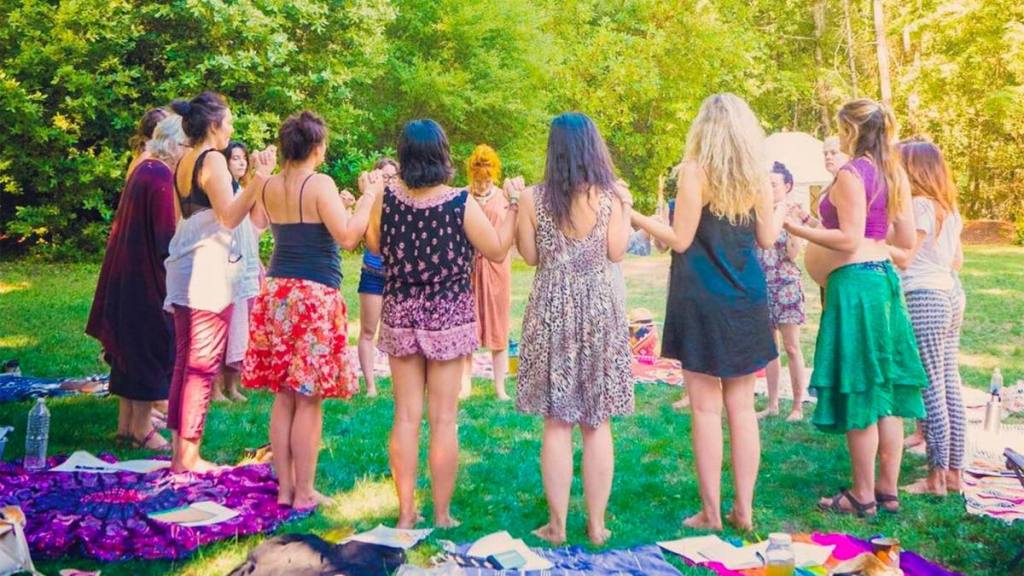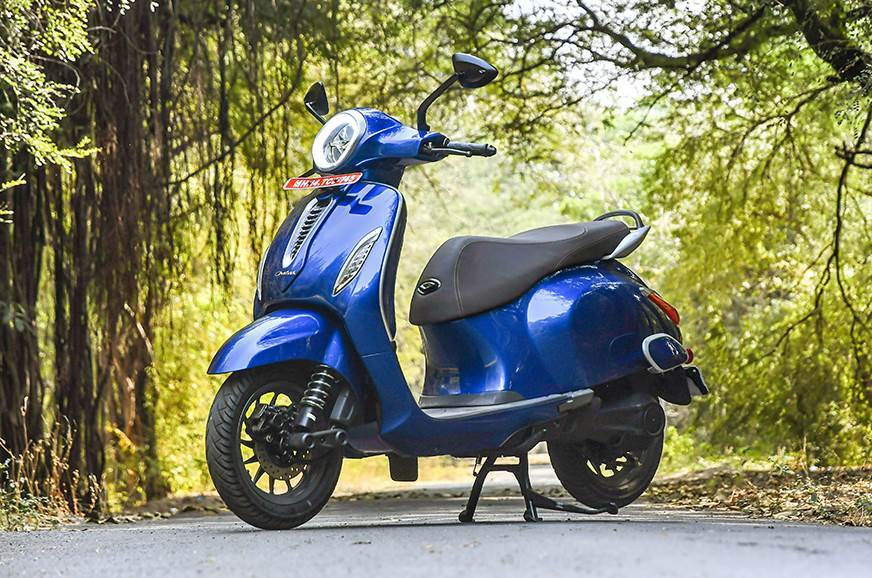If 2020 has shown us nothing else, it’s shown us that there is very little in the world that can be relied upon. Everyone feels a little bit on edge, the doomsday preppers of the world are feeling validated, and you might be wondering what your options for living off the grid might be should that necessity arise.
Maybe it would be nice, living without the need for a direct line to electricity or water. It could even feel freeing or independent, no longer hitched to the worries and woes of the daily newsreel. No matter what horrors await us the rest of the year, you can rest assured that your self-sustaining little home pod won’t be a problem.
If this sounds like you, you’re in the right place. Maybe you’re only looking! No need to make any big commitments yet.
Keep reading to learn more about living off the grid.
Prepare to Downsize

In our modern society, we tend to accumulate a lot of stuff. Much of it isn’t useful or necessary but it takes up space and looks nice and we hoard it in our homes forever until we require larger homes.
Living off the grid, generally speaking, means getting a smaller space.
This means that you’re going to have to consider what’s important to you. It’s time to declutter. There are various popular decluttering methods online for getting this process started, but for the off the grid lifestyle, you’re going to want to strip down to essential items and things of more significant value.
Off the grid homes aren’t sparse undecorated cabins, but they are still more minimal and compact by default than the average home.
Consider Your Lifestyle
There are a few different ways to go about living off the grid. They’re not all alike and some even have the luxuries of standard homes. Picking one that fits your lifestyle is important so the shift isn’t too much of a shock to the system.
Completely off the Grid

Going completely off the grid, or roughing it, is what many people will have in mind when you tell them that you’re living off the grid.
You are unchaining yourself from government utilities and structures and likely going into the wilderness somewhere to create your private homestead.
In this circumstance, you won’t have running water. You’ll need to construct an outhouse (or something similar) and figure out a water system for your bathing, cooking, and cleaning needs.
You’ll create a garden to grow your own foods, and as you won’t have electricity, you’ll be eating perishables fast or learning traditional methods of preservation, like canning or drying.
This lifestyle is a bit extreme for most people, but if you’re into it, go for it!
Semi off the Grid
So you’ve decided to go off the grid but you’re not totally committed yet. This is a great way to live an affordable and more eco-friendly lifestyle without totally giving up some of the luxuries that you’ve grown up used to.
With this lifestyle, you’ll be using city utilities some of the time but not all of the time. You might need electricity in the winter.
You might run water only in the morning and at night for baths and watering plants. It’s still sustainable, but slightly less “on your own”.
Modern off the Grid
If roughing it doesn’t suit you but you’re not willing to give up your freedom or your stuff, a modern off the grid lifestyle might be your thing.
For this, you need to be innovative. You’re going to set up your own power source. Maybe you set up solar panels, or a generator, or look into gas-powered systems (see this blog post for installation information).
You’re going to use that power to run a well that you’ve dug out to collect groundwater for your home. You’ll bring in a septic tank so you can have showers and baths without added hassle. It will feel like a normal home.
This is really the ideal situation, but it is costly and time-consuming to start up. IF you’ve got the drive, though, this might be for you.
Learn to Grow Food
If you’re living off the grid, it’s time to learn to garden. If you’re a meat-eater, you might not be interested in raising and killing your own animals, but anyone can grow fruits and vegetables with a little dedication.
You’re growing to sustain yourself, so this isn’t the time for a tiny garden. Before going off the grid, really keep track of how much
you eat and factor that into how much you’re going to need to grow. You can always supplement it, but you should be striving towards sustainability.
Harness Electricity and Water

You’re going to be doing a lot of things on your own now that you would have previously taken for granted. Fortunately, with the surge in eco-friendly lifestyles, some things are more accessible than they once were.
Homes can be fitted with solar panels for a moderate cost. This can fuel all of your electricity needs, especially in a smaller home (though it will depend on where you live and the amount of sunlight that you get). Generators and gas are options as well that have a lower upfront cost.
Water, as mentioned before, can come from a wall, a river, or a septic tank. A septic tank installation will be expensive, but it will allow you to live more “normally”. Well water will take more initial work, but there are no startup costs for it. It’s also harder to use for baths, showers, and toilet needs.
You’re in charge of your utilities now. No more bills (if you’re completely off the grid) but also no more help. You’re free and on your own!
Is Living off the Grid for You?
Living off the grid isn’t going to be for everyone. For some, the idea seems romantic until they get into their nice hot shower and imagine it no longer existing.
For others, the appeal of no longer relying on the government and stores for everything is above everything else. Where do you fall on that spectrum?
For more posts like this, visit the rest of our site.




